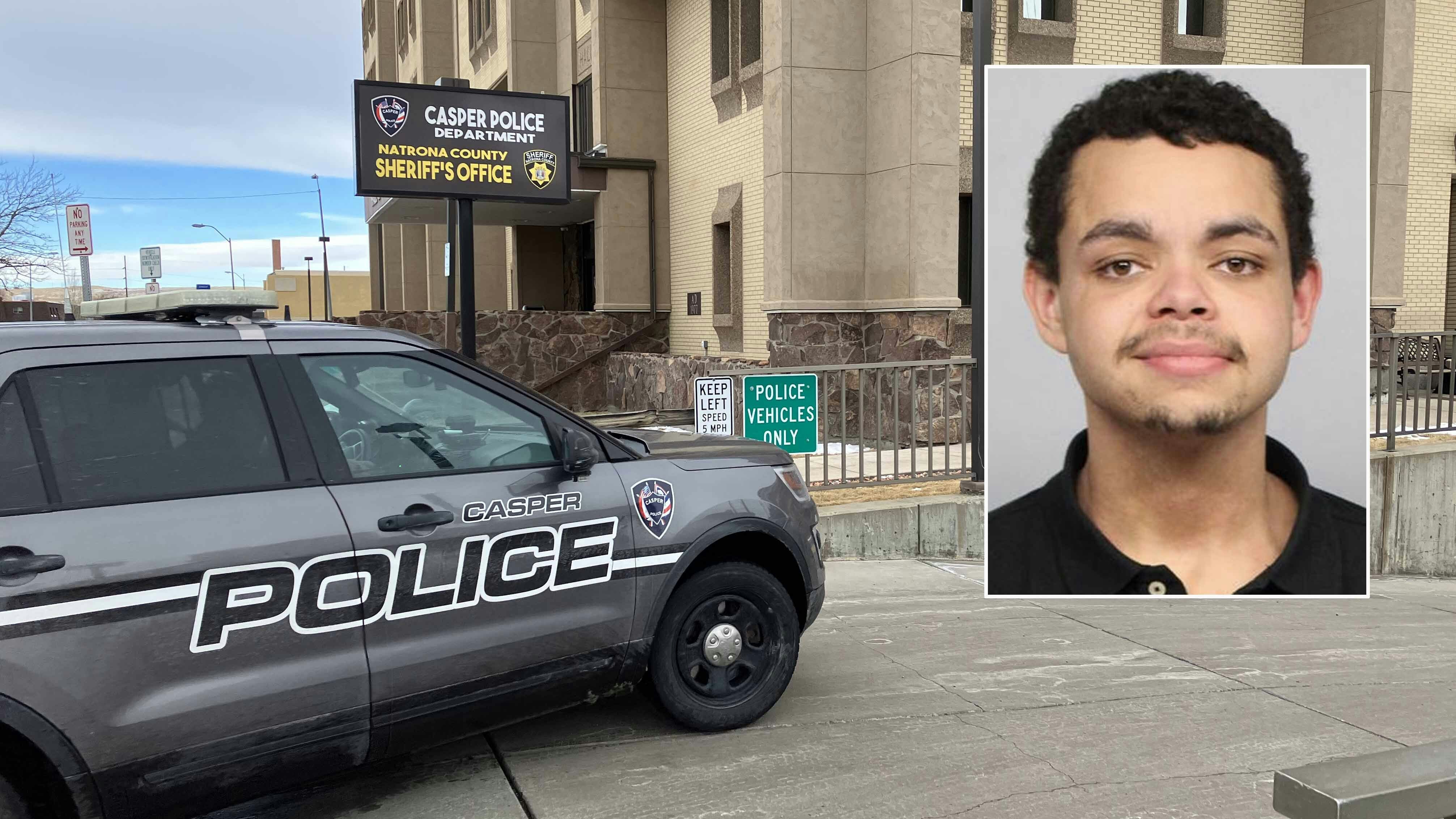A public-school advocacy group and eight school districts are urging the Wyoming Supreme Court not to stall on a lower court’s order requiring the Legislature to pay for mental health counselors in elementary schools, more money for school lunches, more computers in schools and other goods.
The Wyoming Education Association and the school districts on Thursday filed an opposition to the Wyoming Attorney General’s Office’s earlier request: The state had asked its high court to pause Laramie County District Court Judge Peter Froelicher’s Feb. 26 order, which places many new demands on the way lawmakers fund the state’s schools.
Froelicher had ordered the legislature to supply school resource officers across public schools; mental health counselors in elementary schools; one technological device for each student; more money for school lunches; better teacher pay and better assessment of school costs.
The state believes it is likely to win the school funding case on appeal and get Froelicher’s order overturned, court documents say.
It also believes that winning could put it in the awkward position of having to claw back money it dispensed to satisfy the judge’s order while the case was ongoing.
WEA and the school districts called that a narrow view of the facts, in two different arguments filed Thursday.
“The State’s arguments can succeed only if this court reweighs the evidence, reverses the district court’s credibility determinations and reverses 45 years of legal precedent,” says WEA’s filing. “That approach is not likely to prevail.”
WEA noted that Froelicher found some of the state’s witnesses less-than-credible and found its evidence insufficient to counter the testimonies of numerous school personnel, who called their funding streams inadequate.
When it asked the Wyoming Supreme Court to pause Froelicher’s order so lawmakers wouldn’t have to worry about it while the appeal is still unfolding, the state said it doesn’t want to have to whiplash the schools between Froelicher’s demands and the likely, more frugal budget that would follow a win by the state.
WEA countered, saying there’s no whiplash here – since giving money to schools takes a long time.
“Payments under the school foundation fund for the upcoming school year do not start until September of next year and then are paid through installments,” says WEA’s filing. “There will be at least nine months before any money would be paid out, and even after that, if the legislature were not required to address one of the elements, they could simply credit the amount of anything that would be recovered from future installments.”
Lawmakers could also make trigger bills or call for special sessions to remedy potential funding whiplash, says the argument.
Your Doing
The state argued that Froelicher’s order infringes the separation of powers and doesn’t defer enough to the legislature, which is a distillation of the people.
The school districts disagreed with that take, saying it was the legislature’s own tight-fistedness that landed it in court in the first place.
“The State’s claim of irreparable injury from ‘commandeering’ legislative authority misconstrues both the nature of the District Court Order and the principle of separation of powers,” wrote the school districts. “(Its) reasoning does not apply where the legislature’s own conduct violates the constitution.”
The Wyoming Constitution requires the legislature to supply a “complete and uniform” public education. That clause in part has sparked decades of court cases by public schools and their advocates against the legislature.
The result is that the legislature must “recalibrate” its school funding model every five years and boost it for inflation in between recalibrations.
What The State Argued Last Month
Legislators are now in recalibration.
They’re heading into the biennial budget session Feb. 9.
They’re also under the terms of Froelicher’s order while they undertake both efforts.
Froelicher’s order might not survive the state’s appeal of it, which is scheduled for a Nov. 12 oral arguments in the high court, Wyoming Attorney General Deputy Mark Klaassen’s Oct. 22 motion for the stay argues.
The deputy attorney added that with the oral argument so close to the legislative session, lawmakers probably will have made this year’s budget by the time the high court rules.
And, he added, letting the new court-ordered budget go into effect would “whiplash” school districts and lawmakers between a sudden, stark reorganization of the state’s public-school funding model and a potential clawback if the state wins the case.
“This potential for policy and fiscal whiplash, where an action is taken and then later withdrawn, does no good for anyone in the long run,” says the motion. “It is more prudent to maintain the status quo reflecting voters’ preferred policies until this Court has had time to decide the serious questions presented in this appeal.”
The motion claims the state is likely to win its challenge and in so doing, win back more legislative autonomy on how to fund schools. It claims Froelicher’s order used the wrong legal standard and overrelied on anecdotes from those working in the education system.
“Prematurely compelling substantial appropriations of taxpayer funds against the will of elected lawmakers would also injure the comity required for the legislative and judicial branches to balance their powers,” wrote Klaassen. “Co-equal branches should not be set at odds by enforcement of the novel, expansive rulings of a single district court without first allowing this Court to determine whether the constitution requires legislative authority to be so substantially usurped.”
Clair McFarland can be reached at clair@cowboystatedaily.com.





